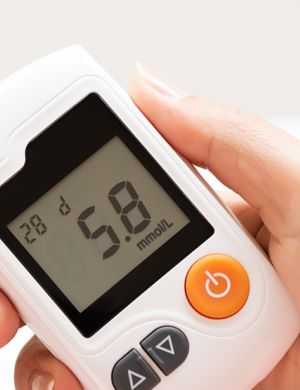
Clinical Intelligence for better Clinical Trials
Every sector including healthcare is based on data nowadays. The only issue with healthcare is the complexity of the clinical data. The constant regulatory changes added with the rising competitions makes clinical data analysis mandatory. This helps in discovering the inefficiencies and in improving cost-effectiveness and patient safety. Clinical Intelligence might not be a widely used term but it is gaining steady prominence.
What is Clinical Intelligence?
The knowledge acquired through the “collection, evaluation, analysis and interpretation” of clinical data is known as clinical intelligence. This is generally used in the organizations financial, operational as well as medicinal decision-making processes. It ultimately leads to the increased demand of Clinical Intelligence.
Role of Clinical Intelligence:
The healthcare sector has an ever-changing landscape where demand rises with time. In such situations it is necessary to make decisions based on evidences and that can be done only through proper data assessment. Lacking quality, suffering penalties for not improper reporting and not being able to raise performance related incentives are some of the reasons that makes Clinical Intelligence important.
The data that generally gets accumulated within the healthcare sector is spread across various departments. It becomes tough to bring together all these data. So it is essential to create an integrated database to stay better informed. Collection of real-world data is not the end but the beginning of the as utilizing this data effectively is something that matters the most. Clinical Intelligence backed by artificial intelligence is making a difference in the world of healthcare.
Clinical Intelligence in Clinical Trials:
Biopharma companies have been implementing multiple innovative strategies in their clinical trials. These scientific researches lead to data generation and continuous analysis of historical data provides better clinical trial insights and helps in clinical trial monitoring in the long-run. The sources might be varied but through clinical intelligence, data integration becomes easier. Hence the role of clinical intelligence is quite significant even though it is not widely known.
Whom it Benefits?
Clinical Intelligence is supposed to bring about a significant change in the field of healthcare as it is outcome oriented. It will help them in working efficiently and understanding the value of the extensive data derived from electronic health records. This will enable this sector to operate with immense efficiency.
Current healthcare environment is based on data. So, know your data to keep yourself informed and achieve an efficient and cost-effective business model.
Don’t miss out! Click here to stay in touch.
Categories
- Biopharma (58)
- Consumer Health (21)
- Cosmetics (11)
- Diagnostics (5)
- Digital Health (8)
- Food (2)
- Medical Device (112)
- OTC (5)
- Regulatory Intelligence (13)
- Standards (41)
Recent Blogs
Get the latest updates from Vistaar

Related Posts
CONNECT WITH US

Let's talk about how Vistaar can help you




